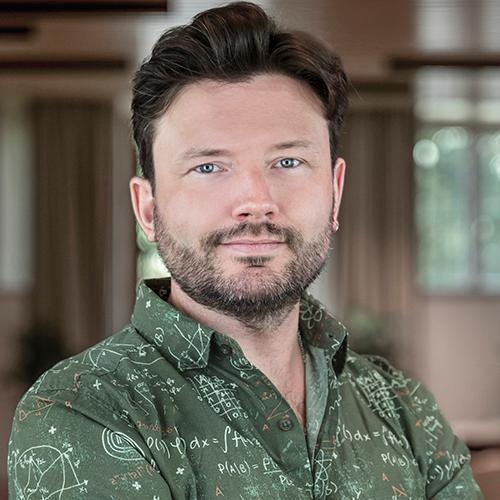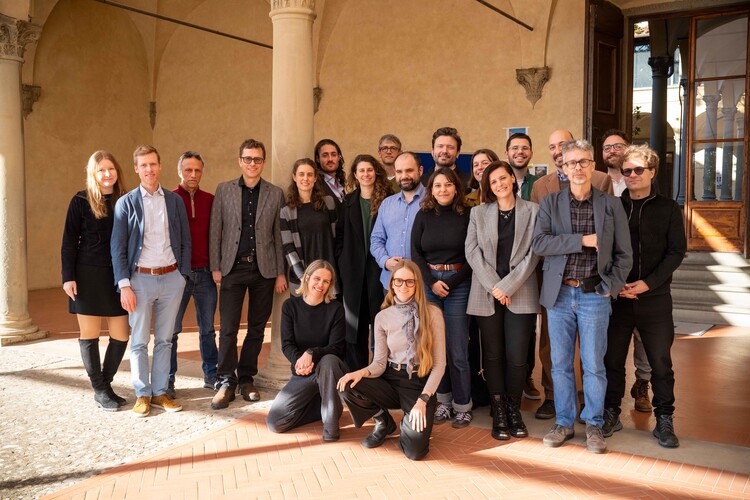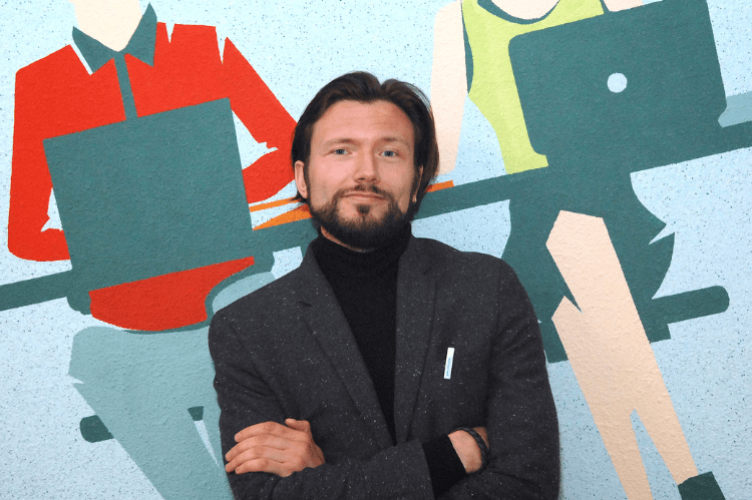When scanning Ivan Savin’s research portfolio, one might struggle to pin him down. In the last year alone, the Associate Professor of Quantitative Analytics at ESCP Business School has published papers on climate pledges, degrowth research, application of ChatGPT, lessons from COVID confinement for long term lifestyle changes, carbon pricing, and invasive beetles in Catalonia. But for Professor Savin, the throughline is clear: a methodical effort to surface insight and structure from sprawling, often messy data.
I’m generally very curious, that’s probably what defines my work more than anything.
 Ivan Savin
Ivan SavinAssociate Professor of Quantitative Analytics
ESCP Business School
That blend of curiosity and rigorous training in econometrics, machine learning, and policy modelling has taken Ivan from his studies in International Economics at Ural Federal University in Russia, to a PhD in Economics at Justus Liebig University in Germany, and then to postdoctoral research across several German and Spanish institutions —before settling in Madrid, where he leads ESCP’s Master in Management specialisation in AI & Robotics. Though climate and innovation are recurring themes in his work, it’s the methodology—particularly the application of agent-based modelling and machine learning, notably natural language processing—that ties it all together.
Economists have traditionally worked almost exclusively with numeric data, but a lot of meaningful information—especially in policy documents, patents, and surveys—comes in the form of unstructured text. That’s where computational linguistics, as a branch of machine learning, opens up new possibilities.
From Patent Analysis to Climate Pledges
Ivan’s introduction to computational linguistics began during a multi-year project analysing almost 20,000 patent documents on robotics —an experience that showed the potential of text-based data to capture innovation dynamics. That early training has since led to a suite of projects using natural language processing to explore everything from startup ecosystems to climate commitments.
In a 2025 study published in Nature Sustainability, Professor Savin and his co-authors Lewis C. King and Jeroen van den Bergh applied topic modelling to more than 300 Nationally Determined Contributions (NDCs)—the documents countries submit under the Paris Agreement to outline their emissions reduction goals. The study found significant variation not just in targets, but in the level of detail, transparency, and strategic coherence.
Most researchers zoom in on very specific elements—conditional targets, for example. We wanted to step back and see what the pledges communicate overall—what priorities they reflect, how countries frame their role.
The results showed sharp contrasts. Wealthier nations tended to submit brief, target-driven documents with little detail on implementation. By contrast, many lower-income countries wove climate action into broader development strategies, calling attention to poverty, equity, and the need for international support. The analysis highlighted the underlying structural and political tensions of global climate diplomacy.
Engaging with Policy and Practice
Ivan’s recent work is closely tied to CAPABLE (ClimAte Policy AcceptaBiLity Economic framework), a Horizon Europe project bringing together researchers from ten institutions across economics, sociology, political science, and psychology.
 Professor Ivan Savin with collaborators at the CAPABLE project meeting in Florence, February 2025 — a Horizon Europe initiative on climate policy acceptability
Professor Ivan Savin with collaborators at the CAPABLE project meeting in Florence, February 2025 — a Horizon Europe initiative on climate policy acceptability The initiative investigates not only which climate policies are effective, but which are politically and socially acceptable across the EU.
One of the core ambitions is to inform real-world policymaking—not just through papers, but through direct engagement. We write policy briefs, speak with policy officials, and organise dialogues with key stakeholders.
A conference in Brussels at the end of the year will convene representatives from the OECD and European Commission to discuss topics such as behavioural responses to energy price shocks and shifting public support for carbon pricing. As part of the project, Ivan co-authored a survey covering 13 EU member states designed to assess how public attitudes toward climate policy have evolved in the wake of the energy crisis.
Alongside this work, Ivan is also developing a series of modelling studies on international policy coordination. One, on the paradox of climate policy diffusion, examines whether countries influence each other’s climate policy decisions—and whether that influence extends to ambition. Another, on climate clubs, explores how coalitions of frontrunner countries—such as the EU and the US or China—might scale cooperation through carbon pricing and border tariffs.
Countries often adopt similar instruments, but not necessarily with the same level of ambition. In some cases, stringency may lag behind, as others feel less pressure to act boldly if they believe the burden is already being carried elsewhere.
Together, these projects seek new pathways for advancing international cooperation—without relying on global consensus from the outset.
Degrowth: Beyond the Buzzwords
One of Ivan’s most visible contributions in the past year was a systematic review of research on degrowth and post-growth economics, co-authored with Jeroen van den Bergh and published in Ecological Economics. The paper examined over 500 academic studies, evaluating the methodological rigour and policy relevance of a literature that has grown rapidly in visibility over the past decade.
There’s been an explosion of interest in degrowth over the last 5–10 years, but surprisingly little empirical or modelling work. Our review found that much of the literature was conceptual—big ideas, often without data or formal analysis to support them.
The response was swift. The paper circulated widely on social media, was featured in the Financial Times, and drew both criticism and acknowledgement from within the degrowth community. For Ivan, the aim was not to challenge the values behind the movement, but to assess the foundations on which it rests.
We weren’t criticising the values behind degrowth. We were asking: if this is going to shape climate debates, what kind of research base is it built on? There needs to be space for critical evaluation—especially when ideas start to gain political traction.
What’s Next?
Alongside new outputs from the CAPABLE project and continuing collaborations on policy modelling, Ivan is refining methods for combining large-scale textual analysis with behavioural data—exploring how public opinion can be integrated into more adaptive, responsive models of policy design. He's also mentoring students on AI applications in economic research and continues to release open-source code and tools from his work.
I enjoy teaching the methods I apply in my research, and I’m gratified when my work inspires others or simply makes their lives a bit easier. Science is a collaborative, open community—and we all benefit by learning from one another.
Campuses
